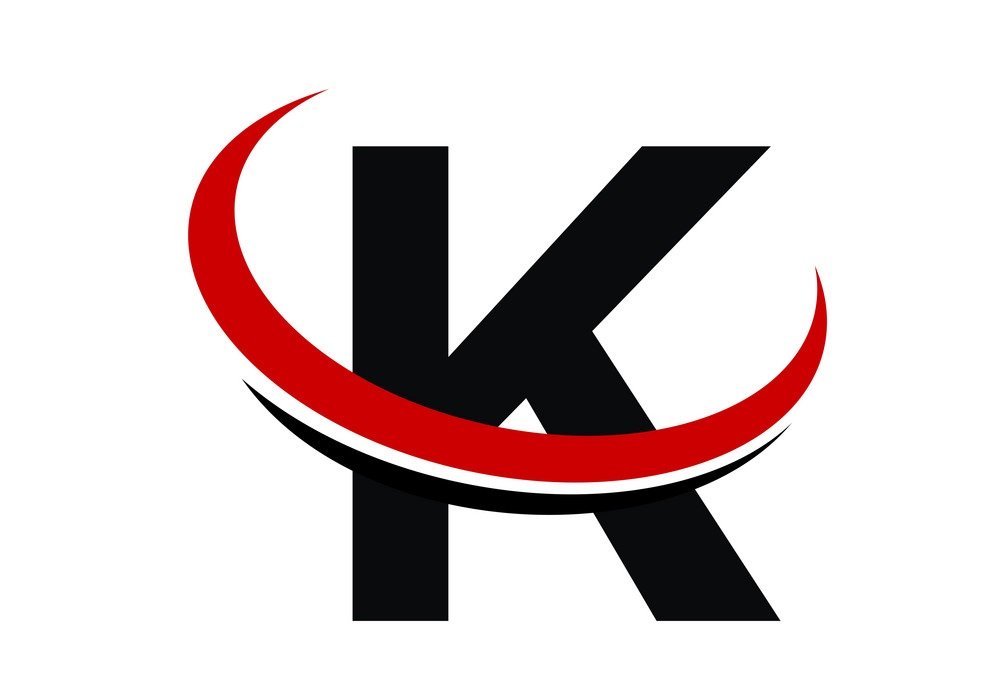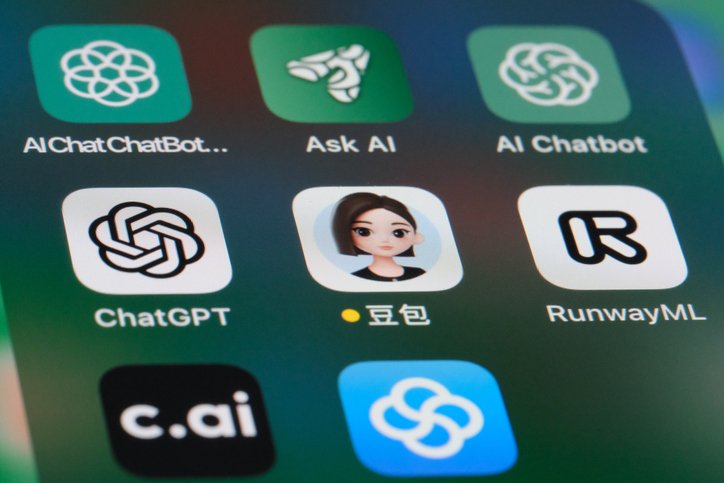The Looming Shadow of AI on Education
The advent of AI chatbots, particularly the sophisticated capabilities of models like ChatGPT, has sent ripples through the academic world. Among those expressing deep concern are academics at the University of Oxford, who fear the potential misuse of these tools by students in assessments.
The AI Revolution and its Academic Implications
AI chatbots, with their ability to generate human-quality text, have opened up a new era of possibilities. These tools can provide summaries of factual topics, create stories, and even write different kinds of creative content. However, their potential to be used as a shortcut to assignments is a growing worry.
Oxford, a bastion of traditional academic rigour, is at the forefront of this debate. Academics there are concerned that students might use AI tools to generate essays, reports, or even code, undermining the core principles of learning and assessment.
The Challenge of Detection
One of the primary challenges facing educators is the difficulty in detecting AI-generated content. While plagiarism detection software has been in use for years, it may not be sufficiently equipped to identify text produced by advanced AI models. This raises questions about the effectiveness of traditional academic integrity measures in the age of AI.
Moreover, the line between using AI as a tool to enhance learning and as a substitute for original thought is becoming increasingly blurred. While some argue that AI can be a valuable resource for students, others fear that it could lead to a decline in critical thinking and problem-solving skills.
Rethinking Assessment and Teaching
In response to these challenges, many institutions, including Oxford, are rethinking their assessment strategies. This includes exploring alternative assessment methods, such as oral exams, group projects, and practical assessments that are more difficult to circumvent with AI.
Additionally, there is a growing emphasis on teaching students how to use AI responsibly and ethically. This involves equipping them with the skills to critically evaluate AI-generated content and to understand the implications of relying on technology for intellectual tasks.
The Broader Implications
The impact of AI on education goes beyond assessment. It raises questions about the future of teaching, learning, and research. As AI capabilities continue to advance, it is essential to have a nuanced and ongoing conversation about how to harness the benefits of this technology while mitigating its risks.
Conclusion
The rise of AI chatbots has undoubtedly disrupted the traditional model of education. Oxford Academics While it presents significant challenges, it also offers opportunities for innovation and improvement. By adopting a proactive and collaborative approach, educators can navigate this new landscape and ensure that students continue to develop the skills and knowledge needed to succeed in the 21st century.
FAQs
General Questions
Q: What is an AI chatbot?
A: An AI chatbot is a computer program designed to simulate human conversation. It uses artificial intelligence to understand and respond to user input, providing information or completing tasks.
Q: How can AI chatbots be used in education?
A: AI chatbots can be used for various educational purposes, including:
- Providing tutoring and answering student questions
- Offering administrative support (e.g., enrollment, course registration)
- Facilitating language learning
- Delivering personalized learning experiences
AI Chatbots and Assessments
Q: Can AI chatbots help students cheat on assessments?
A: Yes, there is a concern that students might use AI chatbots to generate essays, reports, or code, bypassing the learning process.
Q: How can educators detect AI-generated content?
A: While there are challenges, some methods to detect AI-generated content include:
- Using plagiarism detection software (though limitations exist)
- Developing specific prompts to assess critical thinking and problem-solving
- Employing a combination of assessment methods (e.g., oral exams, group projects)
Q: How can universities prevent misuse of AI chatbots?
A: Universities can:
- Educate students about the ethical use of AI
- Implement strict academic integrity policies
- Develop new assessment methods that are more resistant to AI cheating
- Explore AI-detection tools and stay updated on their capabilities
Impact on Education
Q: Will AI chatbots replace teachers?
A: No, AI chatbots are tools to assist teachers, not replace them. Human interaction and expertise remain crucial for effective education.
Q: How can AI chatbots enhance the learning experience?
A: AI chatbots can:
- Provide personalized learning support
- Offer immediate feedback on student work
- Facilitate collaborative learning
- Make education more accessible to students with disabilities
Q: What are the ethical concerns surrounding AI chatbots in education?
A: Ethical concerns include:
- Privacy and data security
- Bias in AI algorithms
- The potential for AI to widen educational inequalities
The Future
Q: How will AI chatbots change the future of education?
A: AI chatbots have the potential to revolutionize education by:
- Personalizing learning experiences
- Automating administrative tasks
- Enhancing accessibility
- Fostering new forms of teaching and learning
Q: What role will humans play in education with the rise of AI?
A: Humans will continue to be essential in education, focusing on:
- Developing critical thinking, creativity, and problem-solving skills
- Building relationships with students
- Curating and creating high-quality learning materials
- Guiding students in ethical and responsible use of AI

